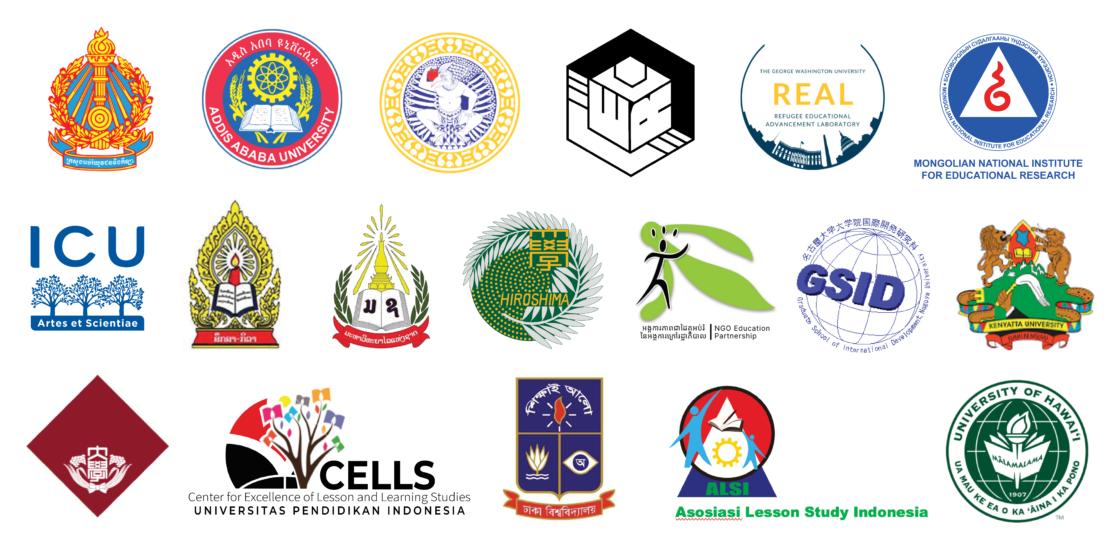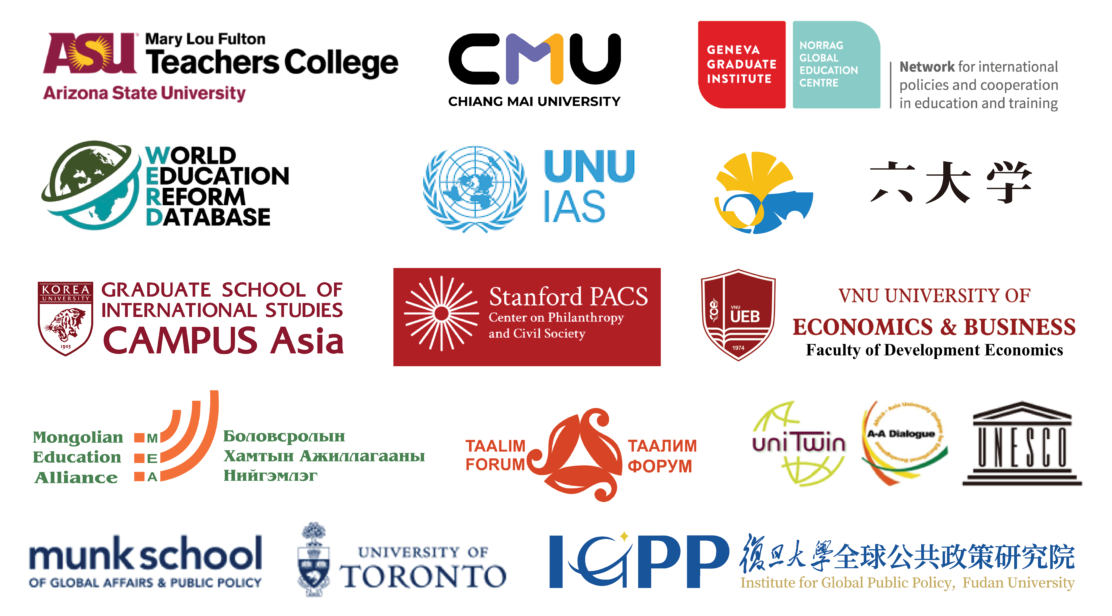Date: Thursday, 9 May 2024
Time: 10:00am – 12:00pm Japan Standard Time (JST)
Location: Hybrid event; Kobe University, Japan & Zoom
Simultaneous translation into Arabic, Russian, and Khmer will be provided.
Kobe University’s Graduate School of International Cooperation Studies (GSICS), hosts a hybrid symposium on the topic “Exploring the global scripts of development partners.” The symposium is jointly organised by Kobe University and the KIX EMAP Hub, with support from Teachers College, Columbia University and the UNESCO Chair at the Geneva Graduate Institute and in collaboration with numerous universities, ministries of education, think tanks, and development partners.
The symposium provides a forum for a retrospective reflection and discussion on education reforms in countries of the Global South that were implemented with external funding from development partners over the past forty years. The invited speakers and panellists draw on empirical data or examples to address the following questions:
- Which features of School-Autonomy-with-Accountability were actively promoted and funded by development partners? Were certain features of school autonomy (school-based management, per-capita financing, professionalisation of school management, grants for school program, school development plans, etc.) and/or school accountability (national competency-based curriculum, school evaluation, student testing, school boards, etc.) given priority? Why were they pursued, and which impact did they have?
- Did the development partners’ reform priorities change over time? For example, was there a shift from access to quality in school reforms of countries that they financially supported? What accounted for these and other shifts, if any? What impact did the shift(s) have, or are likely to have in the future?
- Comparing reform priorities of development partners, are there similarities and differences?
VIEW FULL PROGRAM & SPEAKER BIOS
Eligibility
Anyone is eligible to participate. To access the hybrid symposium online, you need to register in advance. Please spread the news about this event to your colleagues and in case of any inquiries, please contact us at norrag.kix@graduateinstitute.ch.
Sponsors

Co-Sponsors






